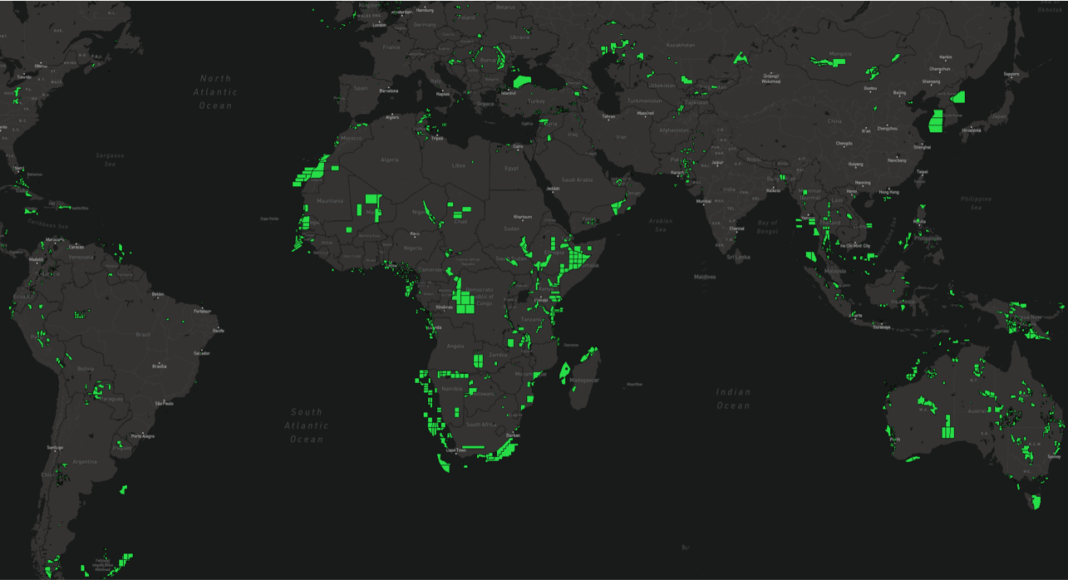‘First movers’ and their small independent partners/companies take risks in acquiring exploration licenses for offshore blocks, as there is no guarantee that they will find a large partner to farm into these blocks. This is according to President of Moyes and Co., Chris Moyes who is an expert in the evaluation, negotiation, trading, and financing of international oil and gas ventures. He is also an expert in the interpretation and assessment of petroleum contracts, and in the resolution of contract issues.
On December 17, Moyes hosted a webinar with participants in Guyana, facilitated by OilNOW, during which he provided an overview of the oil and gas industry, both local and global.
Speaking to the issue of ‘farm outs’, Moyes noted that in Guyana, any citizen can apply for a license in the oil and gas industry and the mining industry, “or any company or corporation formed in Guyana. The small companies that move forward in acquiring unexplored blocks are referred to as ‘first movers’.
In Guyana, there are several ‘first movers’, including Mid-Atlantic Oil and Gas Incorporated and their partner JHI Associates; Cataleya Energy Corporation with their partner Ratio Petroleum, and Eco-Atlantic Oil and Gas Limited with their partner Tullow. These three groups have acquired the Canje, Kaieteur and Orinduik blocks, respectively.

According to Moyes, “There is an advantage to being a first mover and going in early. There is limited competition.” Further, he said that local companies that are knowledgeable and using their own resources will have an advantage because they watch closely what is available and once they secure a license, whether it’s mining or oil and gas, they will often look for a parallel, competent company to come in and assist with the technical programme.
“As the license goes through the various exploration phases, each phase has a minimum work programme, sometimes a budget which the Government approves and when there are prospects, there will be an obligation to drill a well,” he stated.
The expert explained that it is at this point that these companies that have generated the prospects will have larger capital-strong companies farm into their blocks to allow for the drilling phase to be undertaken, and “that is an industry-wide practice,” Moyes said.
He pointed out that some ‘pundits’ refer to farming out as flipping–where one party acquires a license and subsequently sells it for an inflated price. “That is probably a slightly cynical description of the process, the company in reaching a farm-out with a major has probably spent…millions…working up the technical and commercial story and there is a risk that they don’t develop a prospect that will attract a large industry partner and that you will be left with the license and having to renegotiate the exploration terms,” he continued.
“To say it’s flipping implies that it is picked up and sold the next day and that would imply an extremely unusual event. Finding a partner is not guaranteed,” he emphasised.
Moyes is the Past President and current member of the Association of Petroleum Negotiators (AIPN). He is also a member of the American Association of Petroleum Geologist (AAPG), the Petroleum Exploration Society of Great Britain (PESGB) and the South East Asia Petroleum Exploration Society (SEAPEX).



